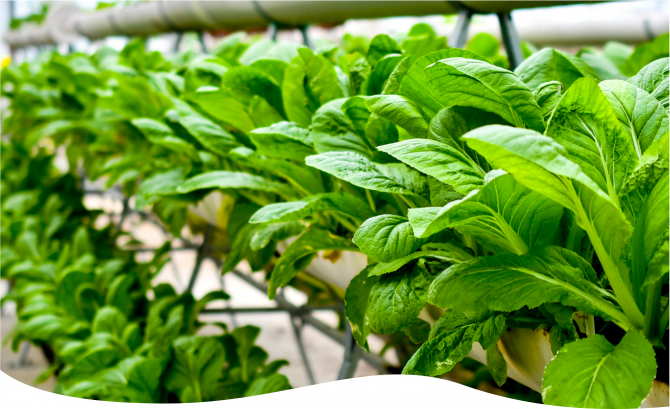Our Solutions
We work with organisations to develop cutting-edge solutions to help solve the UK’s food system problem.
Waste Management
Optimal waste management treats waste as a resource. As new environmental standards develop, the nature of waste management will change, with a range of new technologies and methods to consider.
Greenhouse Emissions
Greenhouse Emissions
Greenhouse emissions from human activities has been focused on carbon dioxide from burning fossil fuels. Electricity generation and transport are major emitters. Deforestation and other changes in land use also emit carbon dioxide and methane – however the largest source of methane is agriculture, primarily livestock.
Manure Treatment
Manure Treatment
Various manure treatment methods, both innovative and more traditional, can be employed to achieve a range of farm goals, such as reduced nutrient content, reduced volume or energy recovery. Appropriate manure treatment is especially important for farmers facing tighter regulations like those in NVZs. It can also be an effective method to reduce greenhouse gas emissions and run-off.
Anaerobic Digesters
Anaerobic Digesters
Anaerobic digestion is the process in which plant and animal matter is broken down without oxygen to produce biogas and digestate. Biogas can then be used as a renewable heat and power source whilst the digestate provides a nutrient rich, low cost fertiliser.
Recycling/Recovery
Recycling/Recovery
As defined by the Waste Framework Directive – Recycling means any operation by which waste materials are reprocessed into products, materials, or substances whether for the original or other purposes. Recovery means any operation the principal result of which is waste serving a useful purpose by replacing other materials which would otherwise have been used to fulfil a particular function.
We're adapting the UK's food agriculture industry to meet net zero targets, and help mitigate the pressures of climate change.
Our Solutions
But It Doesn’t
Stop There…
Climate Spheres UK also assists customers with targeted funding sources to provide financing through grants and other financial resources. We help implement modifications to their processes with speed, efficiency and affordability.
We provide public speaking or workshops for conferences, events and universities, and provide training in a variety of areas related to sustainable agriculture, data interpretation, SME business planning and agro-climatic factors.
Let's restore the biodiversity of our farms and their supply chains.
We are here to guide the sustainable transition that your farm business needs to survive in the changing climate. Together, we can profitably adapt to climate change and UK food abundance and security.
Our Solutions
We work with organisations to develop cutting-edge solutions to help solve the UK’s food system problem.
Waste Management
Optimal waste management treats waste as a resource. As new environmental standards develop, the nature of waste management will change, with a range of new technologies and methods to consider.
Greenhouse Emissions
Greenhouse Emissions
Greenhouse emissions from human activities has been focused on carbon dioxide from burning fossil fuels. Electricity generation and transport are major emitters. Deforestation and other changes in land use also emit carbon dioxide and methane – however the largest source of methane is agriculture, primarily livestock.
Manure Treatment
Manure Treatment
Various manure treatment methods, both innovative and more traditional, can be employed to achieve a range of farm goals, such as reduced nutrient content, reduced volume or energy recovery. Appropriate manure treatment is especially important for farmers facing tighter regulations like those in NVZs. It can also be an effective method to reduce greenhouse gas emissions and run-off.
Anaerobic Digesters
Anaerobic Digesters
Anaerobic digestion is the process in which plant and animal matter is broken down without oxygen to produce biogas and digestate. Biogas can then be used as a renewable heat and power source whilst the digestate provides a nutrient rich, low cost fertiliser.
Recycling/Recovery
Recycling/Recovery
As defined by the Waste Framework Directive – Recycling means any operation by which waste materials are reprocessed into products, materials, or substances whether for the original or other purposes. Recovery means any operation the principal result of which is waste serving a useful purpose by replacing other materials which would otherwise have been used to fulfil a particular function.
We're adapting the UK's food agriculture industry to meet net zero targets, and help mitigate the pressures of climate change.
Our Solutions
But It Doesn't
Stop There...
Climate Spheres UK also assists customers with targeted funding sources to provide financing through grants and other financial resources. We help implement modifications to their processes with speed, efficiency and affordability.
We provide public speaking or workshops for conferences, events and universities, and provide training in a variety of areas related to sustainable agriculture, data interpretation, SME business planning and agro-climatic factors.














